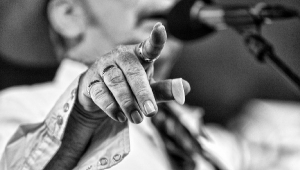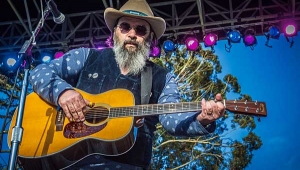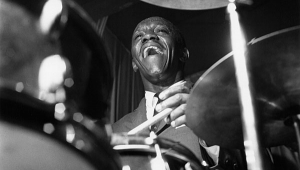| Columns Retired Columns & Blogs |
When reading a book review, I expect more than a mere recitation of the highlights of a non-fiction book, I expect the reviewer to use his/her own knowledge to point out any inaccuracies or missing information in the given book, and also to identify any particular strengths of the book as well. Please keep this in mind going forward.
 Pops: A Life of Louis Armstrong, by Terry Teachout (Houghton Mifflin Harcourt, 2009): 475pp. Hardcover, $30; paperback, $16.95.
Pops: A Life of Louis Armstrong, by Terry Teachout (Houghton Mifflin Harcourt, 2009): 475pp. Hardcover, $30; paperback, $16.95.




































